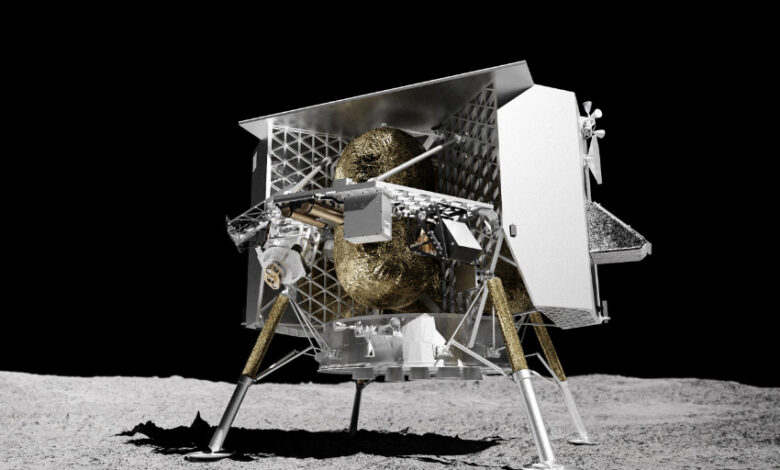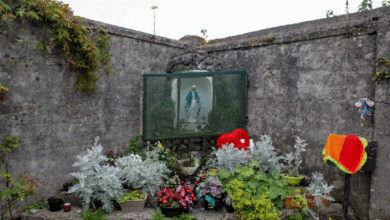China to provide US universities with samples from the moon

China has approved a number of international requests for temporary use of lunar soil samples collected by the Chang’e-5 mission, including from two universities in the United States. For this informs Spacenews.
During a conference in Shanghai to coincide with the 10th annual China Space Day, the China National Space Administration (CNSA) announced the results of a new round of international requests to borrow samples from the moon. A ceremony of signing the relevant agreements was also held as part of the event.
In total, applications from seven universities from six countries — USA, Japan, Germany, France, Great Britain and Pakistan — were approved. According to CNSA, the applications were reviewed in accordance with current procedures for the management of lunar samples and international scientific cooperation. NASA-funded Brown University and Stony Brook University are among the US institutions that will receive the samples.
This decision came against the background of growing tensions between the US and China in the sphere of trade and restrictions on bilateral space cooperation, as well as against the background of China’s active diplomatic initiatives in the field of space.
CNSA also announced the selection of international projects that will take part in the upcoming Chang’e-8 mission with a landing on the South Pole of the Moon, scheduled for April 24. Among the chosen ones are the participating countries of the International Lunar Research Station (ILRS), which is an alternative to the American Artemis program and is implemented under the leadership of China.
In addition, the agency said the upcoming Tianwen-3 Mars sample return mission, scheduled for launch in late 2028, is open to international science proposals.
It will be recalled that within the scope of the Chang’e-5 mission, which took place at the end of 2020, 1,731 grams of lunar soil were collected from the geologically young Oceanus Procellarum region on the far side of the Moon. The samples were first given to Chinese scientists, and from August 2023 the CNSA opened the process of submitting international applications for access to the collected material.





